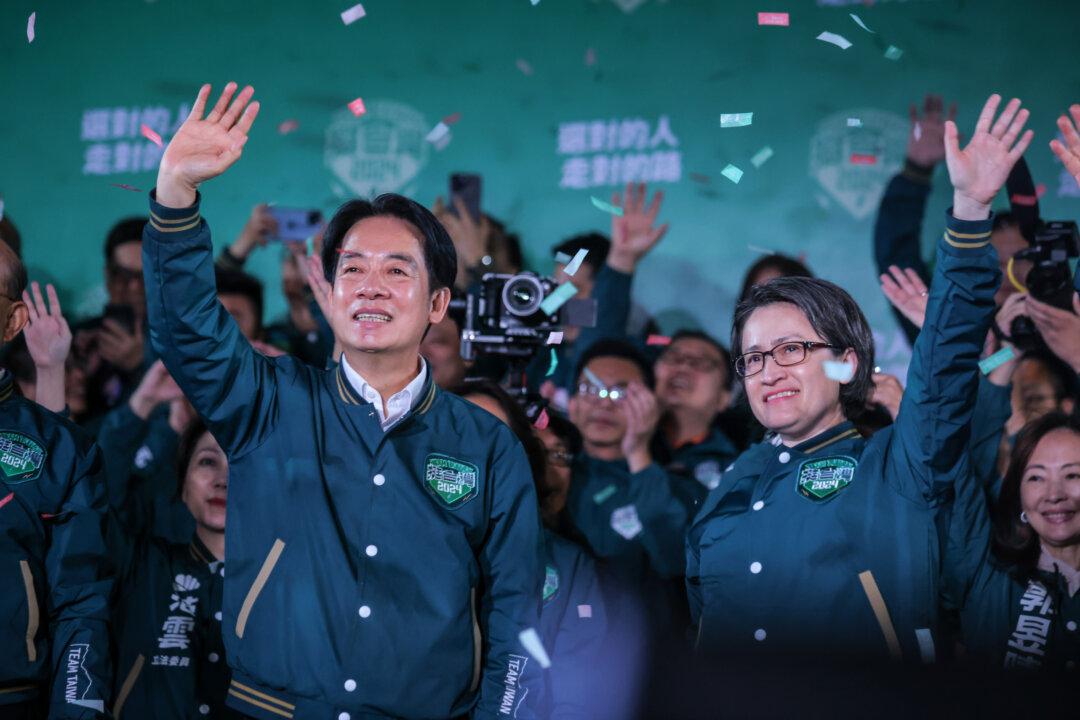The Chinese regime used a combination of content generated by artificial intelligence (AI) and social media platforms, including TikTok, in an attempt to sway voters in January’s elections in Taiwan, according to Taiwanese experts.
On April 10, Washington-based think tank the Center for Strategic and International Studies hosted a panel featuring five experts from Taiwan to discuss tools used by the Chinese Communist Party (CCP) to meddle in the elections, which saw the ruling Democratic Progressive Party’s (DPP’s) Lai Ching-te elected president with more than 5.5 million votes, or about 40 percent of the total votes cast.





